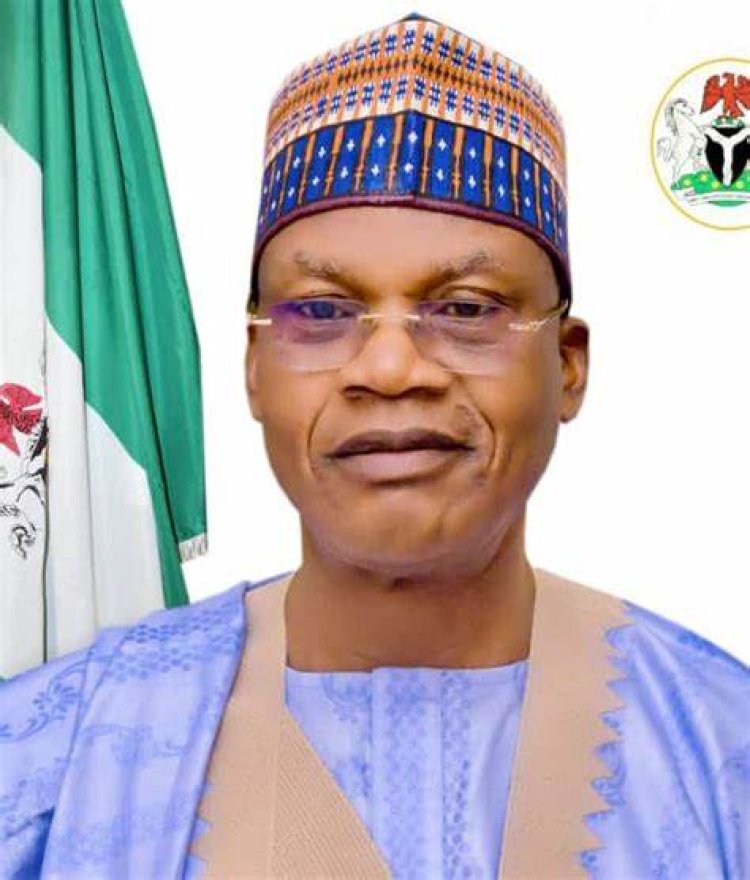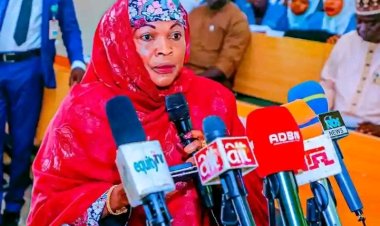The Parents Teachers’ Association (PTA) has expressed its support for the Federal Government's decision to ban candidates under the age of 18 from sitting for the West African Senior School Certificate Examination (WASSCE) and the National Examination Council (NECO) exams. This new age policy, announced by the Minister of Education, Prof. Tahir Mamman, during a segment on Channels Television’s Sunday Politics, sets the minimum age for secondary school leaving examinations at 18.
The policy aims to ensure that students taking these critical exams, which are necessary for advancing to tertiary education, are mature enough to handle the associated pressures and responsibilities.
Speaking with The PUNCH, the national president of the PTA commended the policy, highlighting that it reinforces a long-standing standard in the education system. "The minister is not introducing a new policy; it has always been part of the education system. When students sit for WASSCE or NECO at 18 years old, they have reached an age of maturity," the president stated. "Such exams are not for immature students or those under 18. My own children did not enter university before turning 18, and this is the correct approach."
The president further emphasized that by the age of 18, students are better prepared and more mature, which positions them to handle the challenges of higher education more effectively.
Mrs. Dideolu Adekogbe, CEO of Flourishgate Consult, also voiced her support for the policy, noting that its enforcement was long overdue. She urged that the National Policy on Education (NPE), which serves as the guiding document for the nation's education system, should be strictly followed unless officially reviewed. "If countries like Finland, Canada, and others are succeeding with their education systems, why can’t we, as a nation, get ours right?" Adekogbe questioned. She stressed the importance of consistency in the education system to ensure its success.
Mrs. Ajibike Bakare, Head of School at Juniper Hill School in Surulere, Lagos, highlighted the need to balance cognitive development with emotional maturity. She criticized the common practice of rushing children into primary school and subsequently into secondary school at a young age, solely based on their cognitive abilities. "Academic prowess alone is not enough; emotional maturity is crucial as well," Bakare stated. She also suggested the establishment of vocational training centers for those under 18, providing them with valuable skills while they await university admission.
Bakare acknowledged that while the policy may be motivated by concerns over rising vices in universities attributed to immaturity, it is important to consider other factors such as societal influences. She called for comprehensive enforcement to ensure that children complete Primary Six before progressing to secondary school and to address the issue of younger students taking WASSCE and NECO exams as early as age 14 or 15.
As the Federal Government moves forward with this new age policy, it is expected to bring significant changes to the education landscape, ensuring that students are adequately prepared both academically and emotionally before advancing to higher education.


 Lois Udoye
Lois Udoye 



